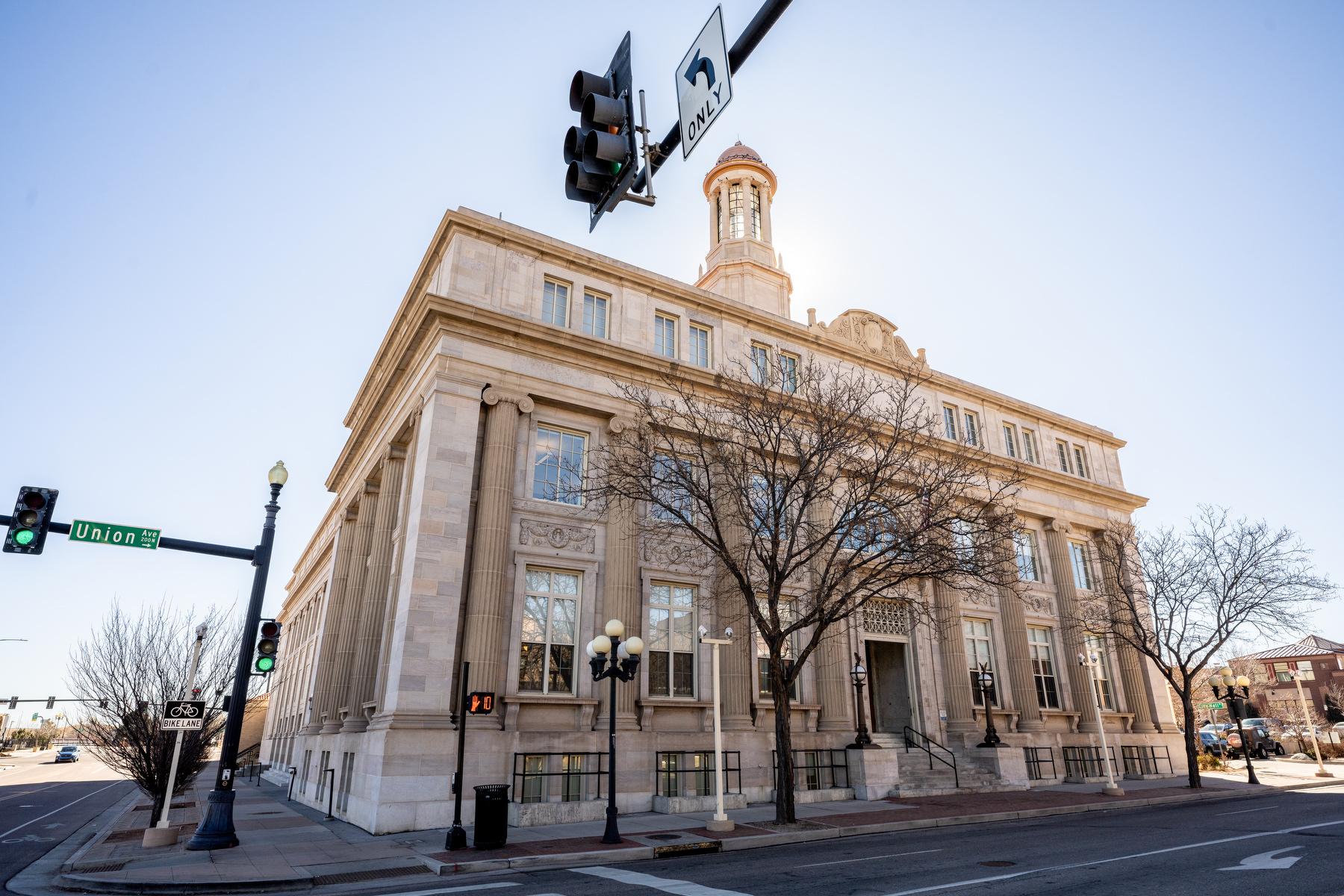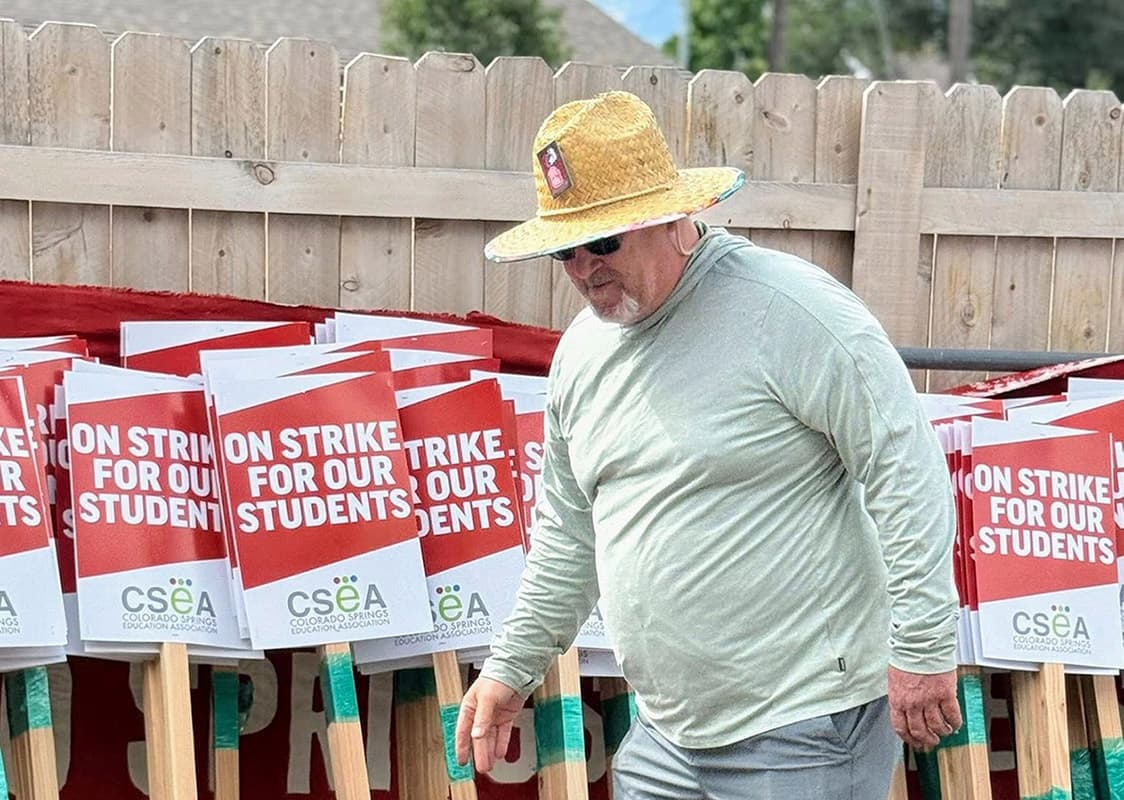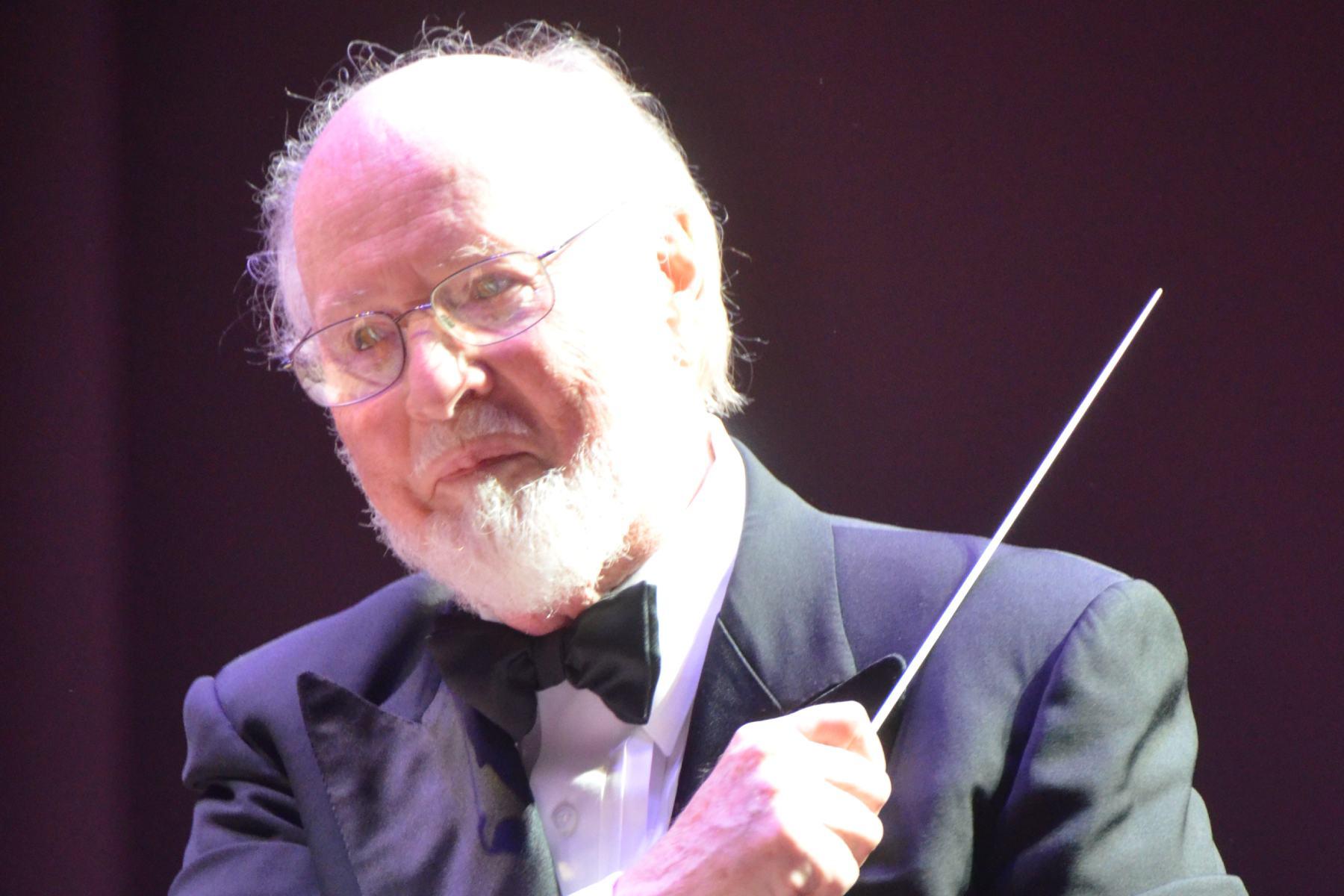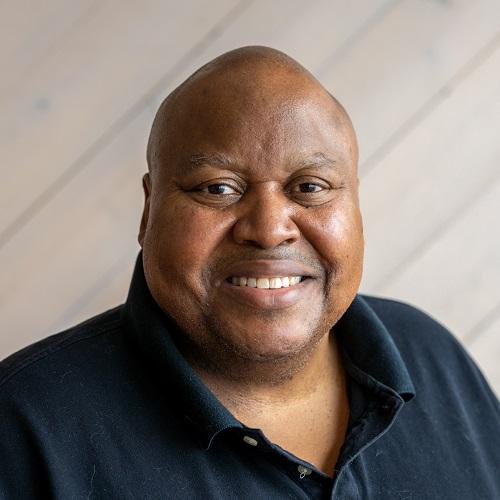
Pueblo City Council has approved a ballot initiative for voters this November on whether or not to get rid of the strong mayor form of government, which would effectively remove the mayor.
The city council passed the first ballot initiative on Aug.11 with a 5-2 vote. A few days later Mayor Heather Graham vetoed it. At Monday night's meeting, council overrode the veto with a 6-1 vote, sending the measure to the ballot.
In 2017 the city of Pueblo voted to amend the city charter, ridding the city of a city manager and creating a strong-mayor form of government. The change has faced challenges ever since.
Previously the city council could hire – and fire – the city manager. That manager, a more professional than political role, was responsible for running the city. The veto override means Puebloans will vote on it again.
Pueblo Mayor Graham said the ordinance goes against the will of the voters.
“People voted to change to a strong mayor because they were frustrated with the lack of leadership among the city council members,” Graham said at Monday's meeting. “City council was unable to provide a unified clear and consistent path forward for the city. Nothing has changed.”
Graham alleged issues, many personal, between herself and council led to this effort.
“This ordinance is simply an attempt to remove me from office the same way they would remove a city, city manager that disagreed with them or express independent thought,” Graham said.
At Monday's meeting, Councilmen Dennis Flores said it's not personal, it's business.
“We now have the reputation of being that city that's so hard to deal with that they stopped dealing with Pueblo,” Flores said. “This is not a personal thing to me. I feel like I've made friendships with both mayors.”
Graham is the second elected mayor since the city moved to the strong mayor form of government. Nick Gradisar was its first.
“I simply just don't agree with that kind of power in one person's hands,” City Councilman Roger Gomez said.
Pueblo is one of three Colorado cities, the others Denver and Colorado Springs, with a strong mayor form of government. It's by far the smallest, with a population of nearly 112,000 as of the 2020 U.S. Census.
“You look at a successful strong mayor, it's going to be in a place that's got about 300,000 people or more,” Gomez said. “This is a failed experiment and you have to have the code to sit back and say what is best for the people of Pueblo?”
Time and money
Councilman Brett Boston backed putting the measure to voters but advised voters to maintain the current strong-mayor form of government.
He said it's not the right time to change it back to the city manager-led style.
“We've heard that there's not really a set plan in place. I haven't heard of a set plan from anybody, whoever brought this forward I haven't heard of what the secession plan is. I don't think there's anything that has been laid out or stated,” Boston said.
Councilor Sarah Martinez was the sole no vote on the veto override. She said Pueblo's city council will have some new faces after November's election.
“To do it now in the midst of a huge election where the majority of the council could turn over would be setting this council up for failure,” Martinez said.
She suggested putting it to a special election in May instead. That would cost the city over twice as much, around $200,000 according to city officials.
Councilor Regina Maestri, who introduced the ordinance, said the city should save the money and do it now.
“When we tried to do it in May two years ago, everybody was, ‘Oh, why can't you wait until the November election?'” Maestri said. “So here we are.”
The change in government could cost the city hundreds of thousands of dollars. Adding the question to November's ballot will cost the city around $100,000 according to city officials.
Currently the salary for Pueblo's mayor is $150,000 per year. City officials say other locations similar in size, like Grand Junction and Greeley, pay city managers between $250,000 and $320,000 per year.









